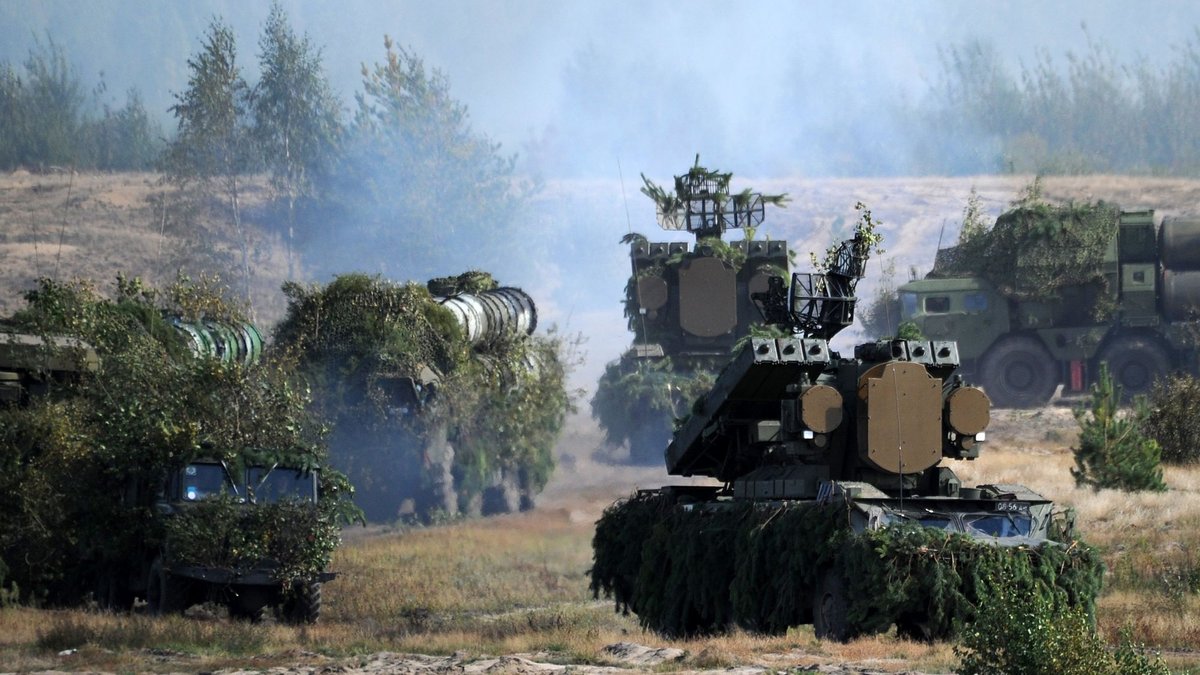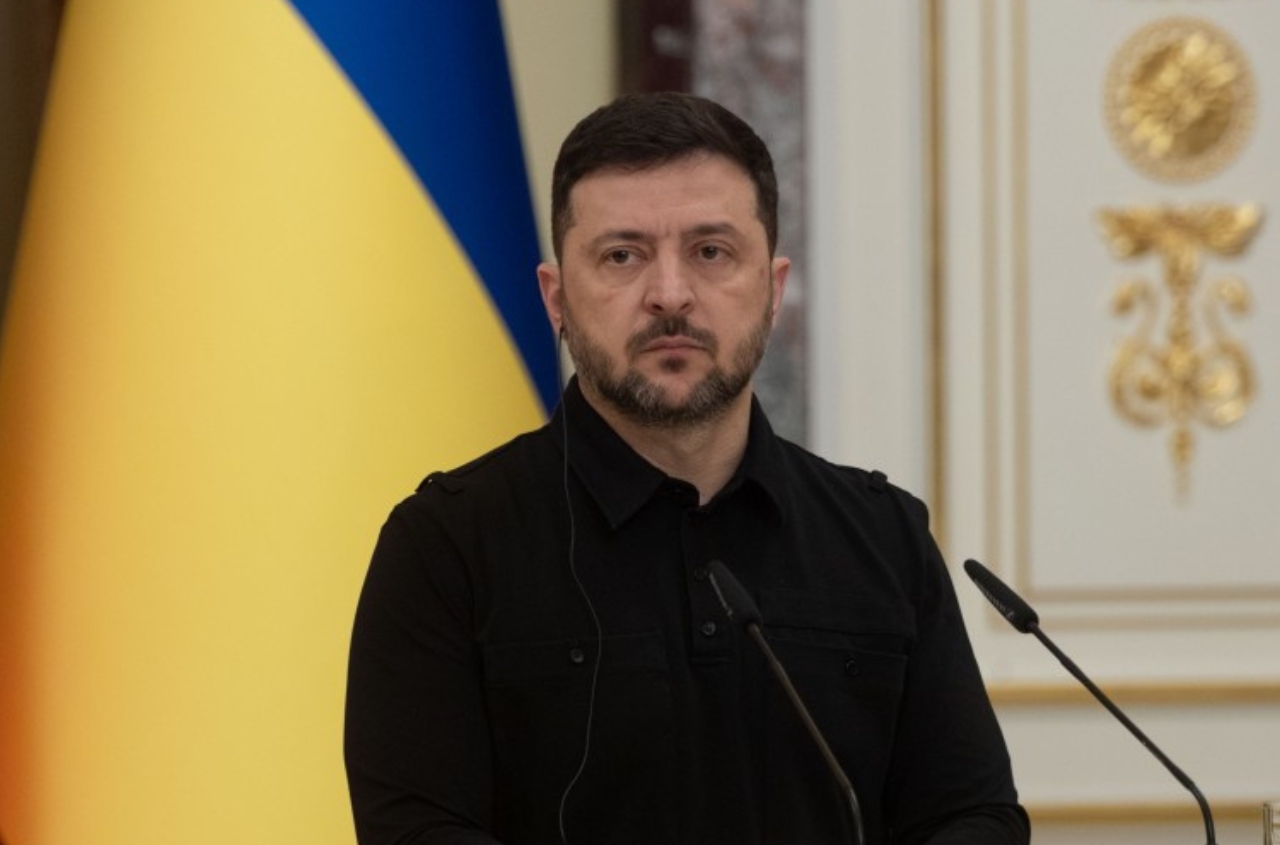Russia and Belarus are using the Zapad-2025 exercises less for military training and more for propaganda and strategic communication, the Lithuanian Defense Protection Bureau (SAB) stated, Delfi reports.
According to the agency, the military threat to Latvia and NATO remains low, but Moscow and Minsk are focusing on the informational impact, aiming to strengthen domestic positions and exert pressure on the West.
The maneuvers will take place from September 12 to 16, primarily in Belarus, as well as in Kaliningrad and the recently established Moscow and Leningrad military districts. Officially, the exercises are said to include defensive and offensive operations to enhance military cooperation.
However, SAB notes that for the domestic audience, Vladimir Putin’s regime uses the exercises to show that despite the war against Ukraine, Russia remains capable of developing and strengthening its military potential. This is presented as a demonstration of stable authority, a reliable ally in Belarus, and the defensive nature of the exercises. At the same time, Russian and Belarusian authorities accuse the West of aggressive policies, reinforcing anti-Western sentiment and justifying the war in Ukraine.
The external propaganda component targets NATO countries. Russia and Belarus emphasize the potential use of tactical nuclear weapons and showcase new military equipment to highlight Moscow’s military capabilities at the alliance’s borders.
Meanwhile, Minsk is trying to project the image of a pragmatic partner. In May, Belarusian authorities announced the relocation of part of the exercises deeper into the country and a reduction in scale—officially involving fewer than 13,000 troops. Belarus also invited international observers, including representatives from the Baltic states. According to SAB, these measures have been used to accuse NATO, Poland, and the Baltic countries of “militarization,” despite Minsk and Moscow’s alleged concessions.
As the active phase of Zapad-2025 approaches, Russia and Belarus are expected to intensify information campaigns against NATO and regional countries. Propaganda will target not only domestic audiences but also the alliance’s information space.
The military threat from the exercises is assessed as low, since Russia is focused on the war in Ukraine and its capabilities are limited. Nevertheless, the Lithuanian agency urges residents of border areas to remain vigilant and report suspicious incidents, such as communication disruptions.





















